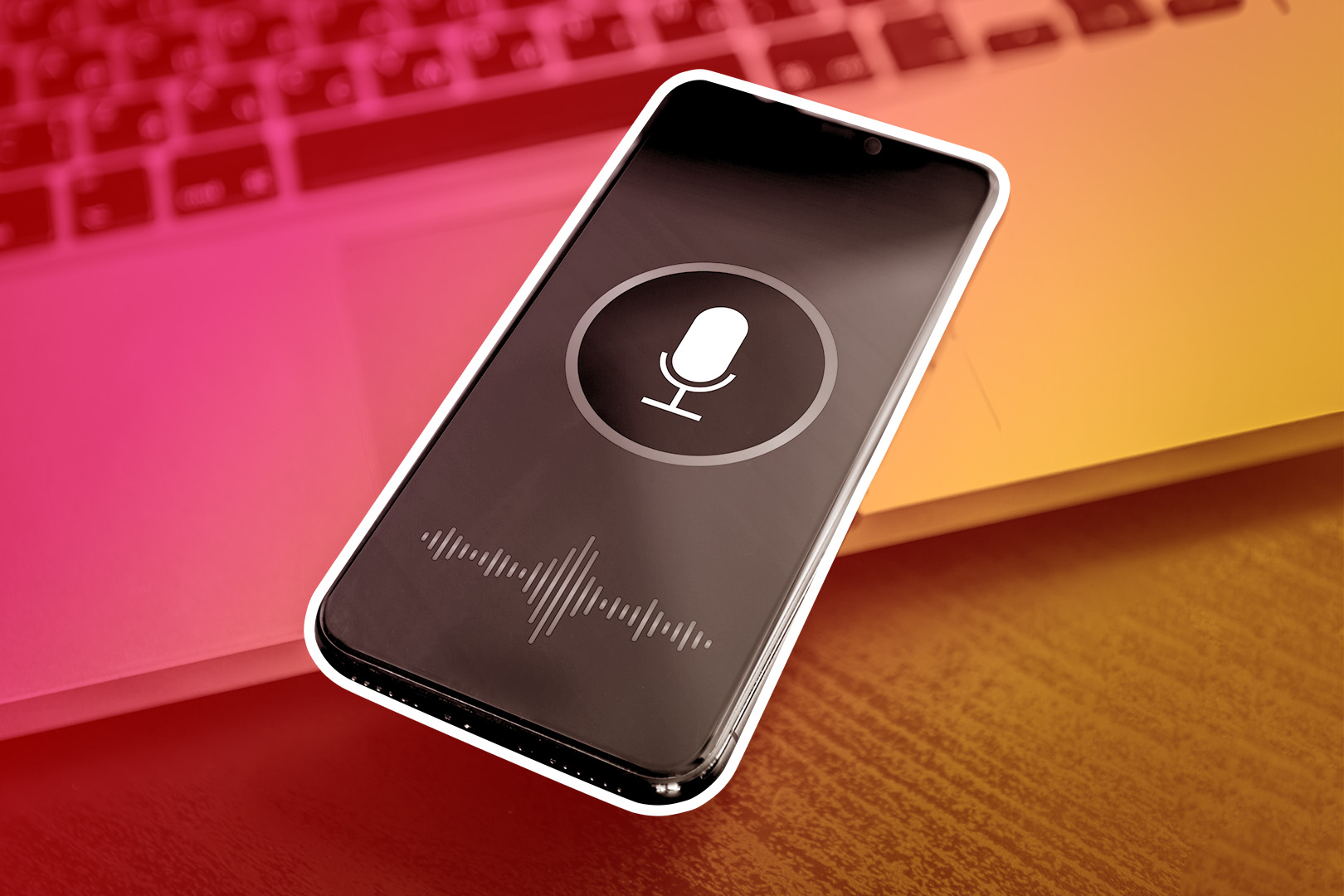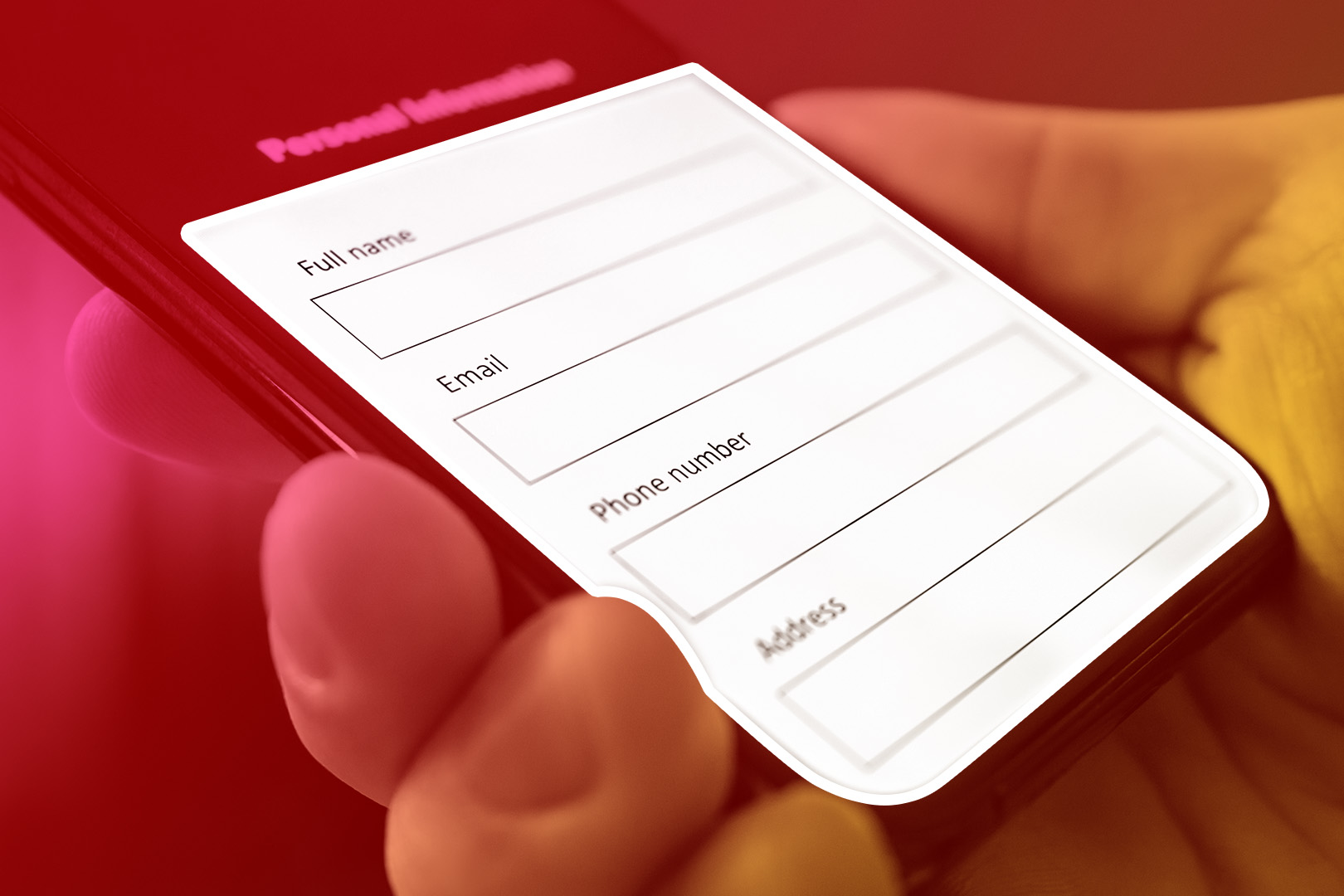We’ve all been there. You’re having a great conversation and are excited, enthused, and eager to speak. You get carried away. And before you know it, you’ve jumped in and said something stupid, insensitive, or even offensive.
You listen to the words coming out of your mouth and immediately regret it. You can tell the person on the other end is silently judging you. Perhaps they smile politely. Perhaps they don't. Either way, the conversation is over. The damage has been done.
If you work in sales and this keeps happening, you have a problem. You can only put your foot in your mouth so many times. Fortunately, there are ways to prevent this, and I’ll share them with you shortly.
But first, let me share some examples with you. Let’s start with my favorite story: the time I met Mark Zuckerberg and said the first (and dumbest) thing that came to mind.
Hi Mark, Bye Mark
I had just arrived in the Bay Area. Everything was new and exciting. I tried to go to as many events as possible to learn and meet people. One of the first events I went to was a Facebook developer garage. It was a small event—maybe 30–40 people. This was before Facebook was what it is today. It was still up and coming.
Of course, the man himself, Mark Zuckerberg, was there. While everyone was lining up to talk to him, I was unsure of what to say. I didn’t have any questions, and I didn’t have anything I wanted to discuss. So, I continued the night talking to people and working the room.
But as the night progressed, I stood next to the Zuck. Well, shit. Now I have to say something. At this point, I couldn’t come up with anything better to say than, “Isn't it weird when you come to an event like this and everybody wants to talk to you?” Mark Zuckerberg looked at me in his typical Mark Zuckerberg fashion and said, “No. That's why I came.”
Ouch.
Right.
Okay.
Goodbye then.
This was not a consequential interaction. I wasn’t there for a specific reason, and I wasn’t looking for a specific outcome. But imagine if I had been. That conversation could have been detrimental to the relationship and its progression.
Luckily, all this resulted in was an overwhelming feeling of stupidity, another lesson learned, and another story to tell. I got off easy.
Congrats, You’re a “Typical Salesperson”
Let’s go back to basics for a second. In sales, communication is the core means of influencing, building, and moving a relationship forward—not just communication, but good communication. Communication is a skill that can be developed, cultivated, and improved over time.
Sure, even the most seasoned and experienced salespeople can find themselves in a situation where they say something they immediately regret. They have put their foot in their mouth.
When those situations occur, it’s when we truly see the impact of communication. And how one conversation, sometimes even a sentence, can change the mood or the relationship or even take a deal off the table. Let’s take a look at a few more examples.
The 180
We’ve all done a 180 in a conversation at some point. Whether in a social or a professional setting—it’s happened. And it’s probably happened more than once. We mean well; it just doesn’t come off well.
You know the situation. You might be discussing the neighborhood where someone lives. You go off on a tangent about how it’s so great, full of great restaurants and quaint little stores, how friendly the community is and so on. Once you’re done, the other person says, “Well, actually …” They’re of the opposite opinion. They might even hate it.
This is when you realize your error. You jumped in too quickly. In an attempt to do some damage control, you do a 180. “Oh yeah, now that you mention it …” No. Stop. Too late. There’s no turning back. No words can help you rectify the situation or get back on track.
“It Was Nice Talking to You”
This is probably one of the worst feelings. You’ve made a comment or remark and realized you’re out of line. Perhaps there’s an awkward silence. Perhaps you attempted to smooth things over (by the way, you probably made things worse).
Instead of correcting you or in any way trying to resolve the situation, the person on the other end mentally—perhaps even physically—removes himself from the conversation. Oof. Painful.
Professional or casual conversation, it doesn’t matter. You’ve already made an impression. And not a good one. The person on the other end has described you as a “typical salesperson.” We all know what that means. Untrustworthy. Unaware. Unwilling to listen. “Typical salesperson” is not a label someone in sales should feel comfortable with. That label sucks.
A potential customer or partner will not trust the product or service that the person is selling. Why should someone trust a person who is inconsistent in his or her communication in any context? They shouldn’t.
It doesn’t create a great platform for building a future relationship. In the worst-case scenario, your relationship will be ruined, and your reputation will be jeopardized.
2 Simple Steps to Keep Your Foot Out of Your Mouth
Occasionally, we all find ourselves in a situation where we say something, and we wish we could take it back. It happens to the best of us. We’re human. But here’s what you can do to prevent it:
- Check yourself. Self-awareness: If you’re self-aware, you control your communication. You can communicate effectively if you’re in control of your own communication. Self-awareness means being present in the conversation, looking for reactions, and being open to feedback. Self-awareness also means letting the other person lead the conversation if you’re unsure of its direction. It’s not hard. Applying some patience and not acting on impulse will put you in a much more favorable position. A position in which you can bring appropriate commentary and value. It’s all about context.
- Test the waters: Assess the situation: Back to the Zuckerberg story. Of course, Mark came to the event to meet and mingle with developers, which was the purpose of the event. I could have rephrased my question and said, “What is it like to be at the center of attention?” The same intention, different approach. This would have allowed me to see how Mark felt about the situation rather than assuming he was feeling a certain way. By doing this, I could have avoided hiding in the back of the room for the rest of the evening, glowing in the light of remorse—next time.
Next time you find yourself ready to jump into a conversation to make a statement, ask a question, or crack a joke—think twice. Pause and take a second to make sure that what’s about to come out of your mouth is appropriate for the context and won’t be seen in a negative light for the people on the receiving end.
Gauge the conversation and look for moments of feedback. It only takes a few seconds to make the assessment. If you think about the damage that can be done by one single sentence, imagine the rewards that can be reaped if you just pause to think.








.jpg)



